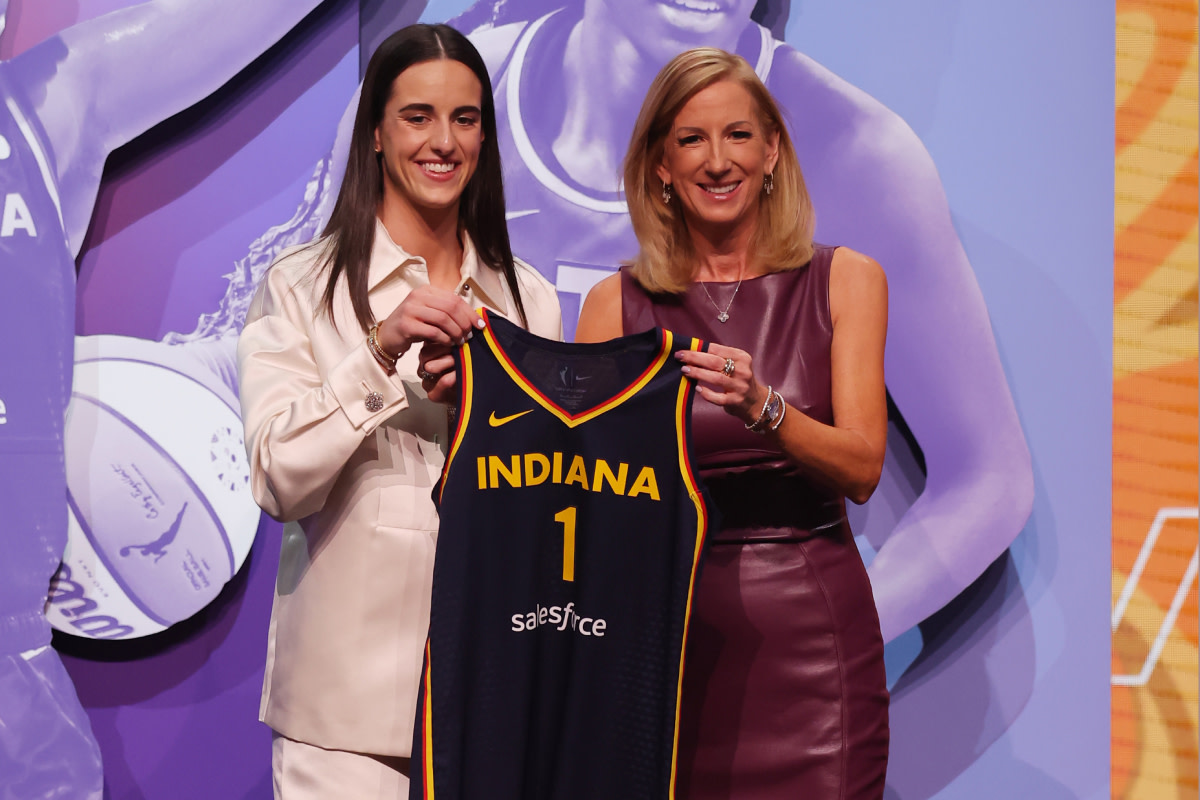
Cathy Engelbert’s Missed Opportunity to Confront Rhetoric in the WNBA
WNBA Commissioner Cathy Engelbert recently found herself at the center of a storm regarding the ongoing rhetoric surrounding Caitlin Clark and Angel Reese. These two standout players, who have both had monumental impacts on the league, have also found themselves as unwilling figures in a narrative that has become increasingly toxic. Instead of stepping in to condemn the hostile environment that has arisen around them, Engelbert has been accused of sidestepping the issue.
Since the 2023 National Championship, and continuing into their rookie seasons in the WNBA, Clark and Reese have attracted attention not just for their talents but for the inflammatory discussions surrounding them. A growing group of so-called “fans” have used the spotlight on these players to push divisive agendas—agendas often laced with racism, sexism, and personal attacks. Clark and Reese, unfortunately, have been caught in the crossfire, even receiving death threats and being stalked. Despite this, the league has remained notably quiet.
Also Read:- James Rodriguez Shines as Colombia Defeats Argentina in World Cup Qualifier
- James Rodríguez Shines as Colombia Defeats Argentina 2-1
Engelbert had a golden opportunity to directly address the growing hostility within the fanbase during a recent media appearance. Yet, her response was perceived as weak and corporate, choosing to focus on business matters rather than tackling the toxic behavior head-on. Engelbert’s refusal to denounce the harmful rhetoric was disappointing to many who feel the WNBA should stand for more than just sports. The league has always prided itself on being a socially conscious space, yet its silence in this case feels like a betrayal to its players.
The tension is palpable, and the rhetoric surrounding Clark and Reese only serves to highlight the bigger issues at play within women's sports. The internet and social media have become platforms for harassment, and the league’s hesitation to address it is troubling. Players like Aliyah Boston and Chennedy Carter have already faced horrific treatment, with racist and misogynistic comments becoming an ugly part of their professional experiences.
In this climate, the WNBA must find its voice and stand up for its players. It cannot continue to ignore the growing divide among its fans or the vitriol being directed at players simply for doing their jobs. By remaining silent, the league risks alienating not only its athletes but also future stars who may think twice about entering an environment where their safety and dignity are not guaranteed.
Engelbert’s failure to act now could have lasting repercussions for the WNBA. In a time when sports organizations are being called upon to lead by example, the WNBA is in danger of losing its place as a socially conscious, forward-thinking league. It’s time for the league to take a stand, before the damage becomes irreversible.
Read More:

0 Comments